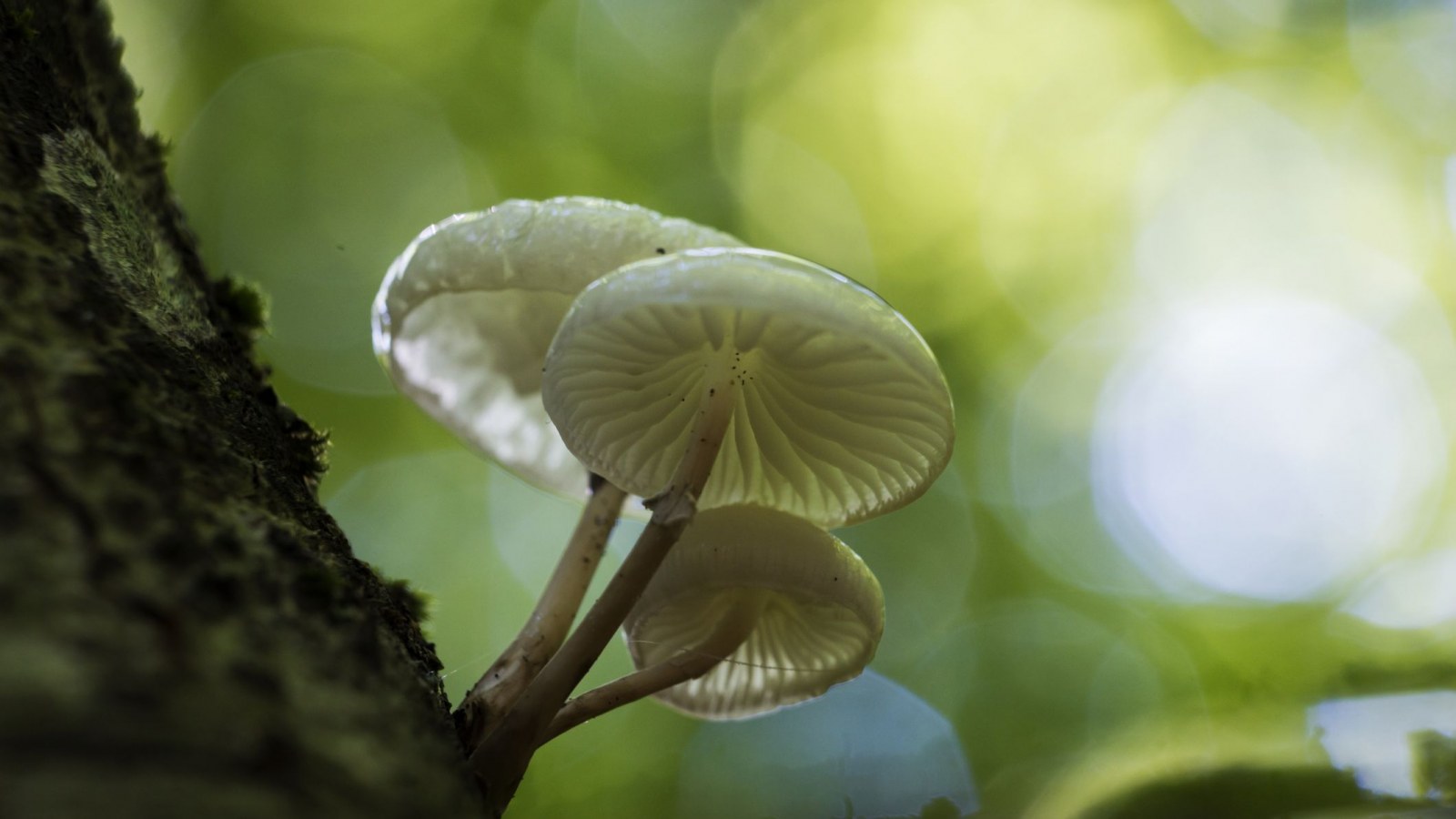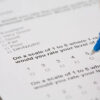As psychedelic approaches to treating certain mental illnesses continues to elicit vigorous research, a team of Asian researchers have created non-hallucinogenic analogs of LSD and psilocybin.
The analogs they created could be used as possible treatment for mental illnesses like major depressive disorder and posttraumatic stress disorder (PTSD).
Published in Science, the research team used X-ray crystallography to examine LSD and psilocybin.
“Drugs that target the human serotonin 2A receptor (5-HT2AR) are used to treat neuropsychiatric diseases; however, many have hallucinogenic effects, hampering their use,” the journal report says.
“Here, we present structures of 5-HT2AR complexed with the psychedelic drugs psilocin (the active metabolite of psilocybin) and D-lysergic acid diethylamide (LSD), as well as the endogenous neurotransmitter serotonin and the nonhallucinogenic psychedelic analog lisuride.”
The findings point to the possibility of safe and effective nonhallucinogenic psychedelic analogs with therapeutic effects for the treatment of certain mental illnessses, such as major depressive disorder.
“The 5-HT2AR complex structures presented herein and the resulting insights provide a solid foundation for the structure-based design of safe and effective nonhallucinogenic psychedelic analogs with therapeutic effects,” the report concludes.


